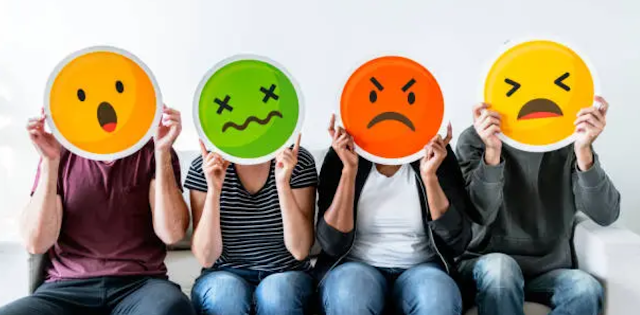Introduction
Social media has become an integral part of modern life, shaping how we communicate, connect, and consume information. While it offers numerous benefits, such as connecting with friends and family, sharing ideas, and staying informed, it's essential to recognize the negative impact it can have on individuals, societies, and mental health. This article delves into the adverse effects of social media, exploring its potential role in fostering feelings of isolation, promoting comparison culture, and exacerbating mental health issues.
- Isolation and Loneliness
Paradoxically, despite the interconnectedness that social media promises, it has been linked to feelings of isolation and loneliness. Spending excessive time on social platforms often leads to reduced face-to-face interactions and genuine connections. The curated nature of online interactions can create a sense of superficiality, where individuals may feel disconnected from authentic relationships. Moreover, the constant bombardment of other people's seemingly perfect lives can intensify feelings of inadequacy, contributing to a cycle of loneliness.
- Comparison Culture
Social media platforms are breeding grounds for comparison culture, where users measure their worth based on the carefully curated highlight reels of others. Constant exposure to images of idealized bodies, luxurious lifestyles, and accomplishments can trigger feelings of envy and low self-esteem. People may feel pressured to conform to unrealistic standards, leading to negative body image, self-doubt, and even depression. The relentless pursuit of validation through likes and comments can create a sense of inadequacy when expectations aren't met.
- Mental Health Impact
The impact of social media on mental health is a subject of ongoing research. Studies have found correlations between heavy social media use and increased rates of anxiety, depression, and stress. The constant need for validation and the fear of missing out (FOMO) can lead to heightened levels of anxiety. Additionally, cyberbullying and online harassment, prevalent on social platforms, can exacerbate mental health issues, especially among vulnerable populations such as teenagers.
- Filter Bubbles and Echo Chambers
Social media algorithms are designed to keep users engaged by showing content that aligns with their preferences and beliefs. However, this can inadvertently create filter bubbles and echo chambers, where individuals are exposed only to information and opinions that reinforce their existing views. This can lead to a distorted understanding of reality, hinder constructive debates, and contribute to the polarization of societies.
- Diminished Privacy
Privacy concerns in the digital age are more pertinent than ever. Social media encourages users to share personal information, often without a clear understanding of the potential consequences. Data breaches, identity theft, and unauthorized use of personal information are real risks. Moreover, the sharing of personal information can lead to a loss of control over one's narrative, as private moments become public property.
Conclusion
While social media has revolutionized the way we interact and communicate, its negative impact on individuals and societies cannot be ignored. From fostering isolation and perpetuating comparison culture to exacerbating mental health issues and diminishing privacy, the pitfalls of excessive social media use are clear. As responsible users, it's crucial to strike a balance, practice digital mindfulness, and be aware of the potential negative effects while enjoying the benefits that social media has to offer.
